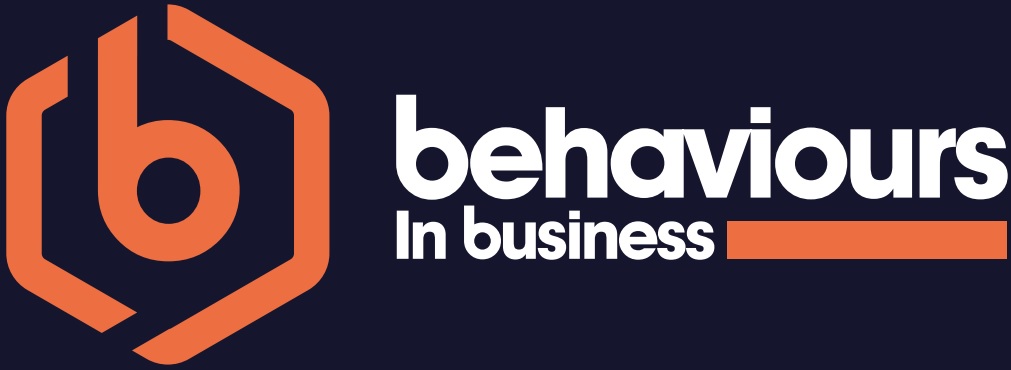Investing in Self-Leadership for your teams
Half Day Workshops
Self-Leadership is having a developed sense of who you are, what you can do, where you are going coupled with the ability to influence your communication, emotions and behaviour. A more succinct definitions is:
“Self-leadership is the process by which you influence yourself to achieve your objectives.”
Self-leadership equates to competencies in all aspect of life such as health, careers and relationships. Self-leaders are motivated to take purposeful action and therefore make better leaders, entrepreneurs, and team members. Self-leaders are constantly developing:

Stay Connected: